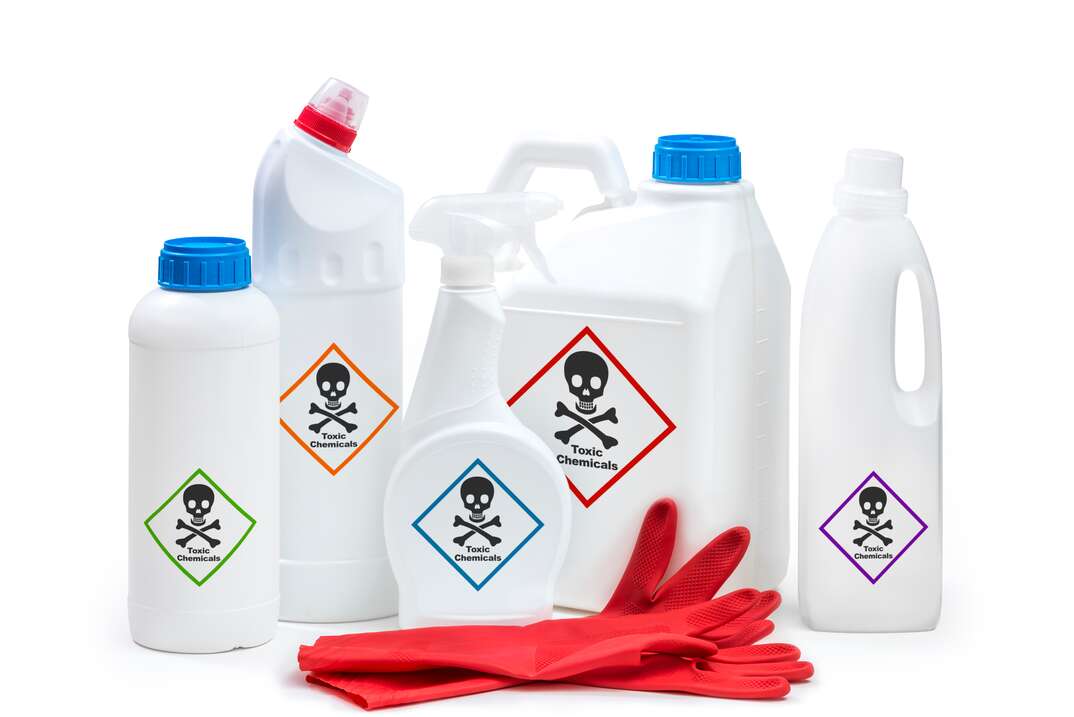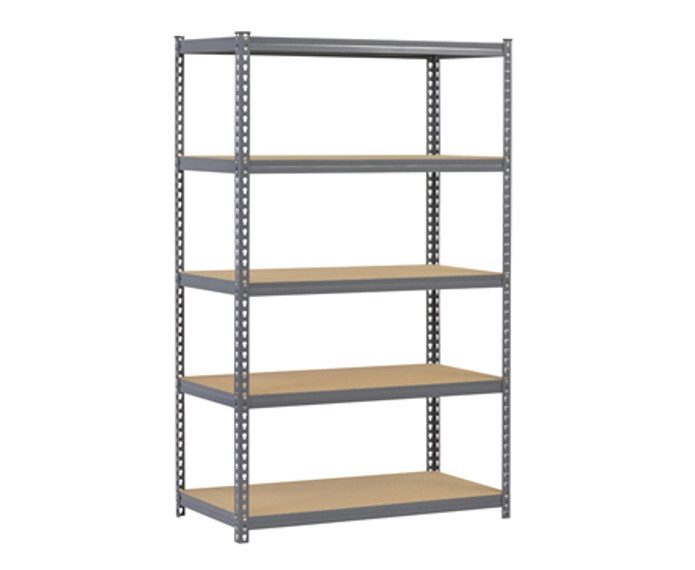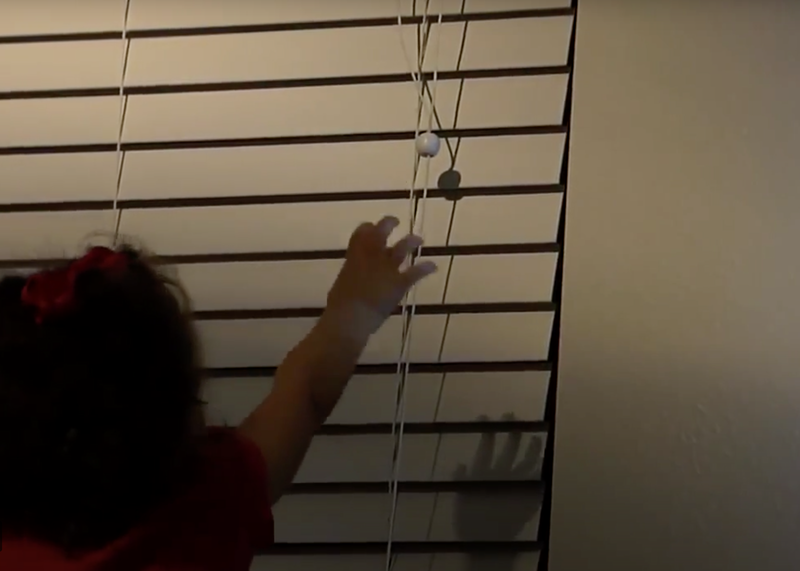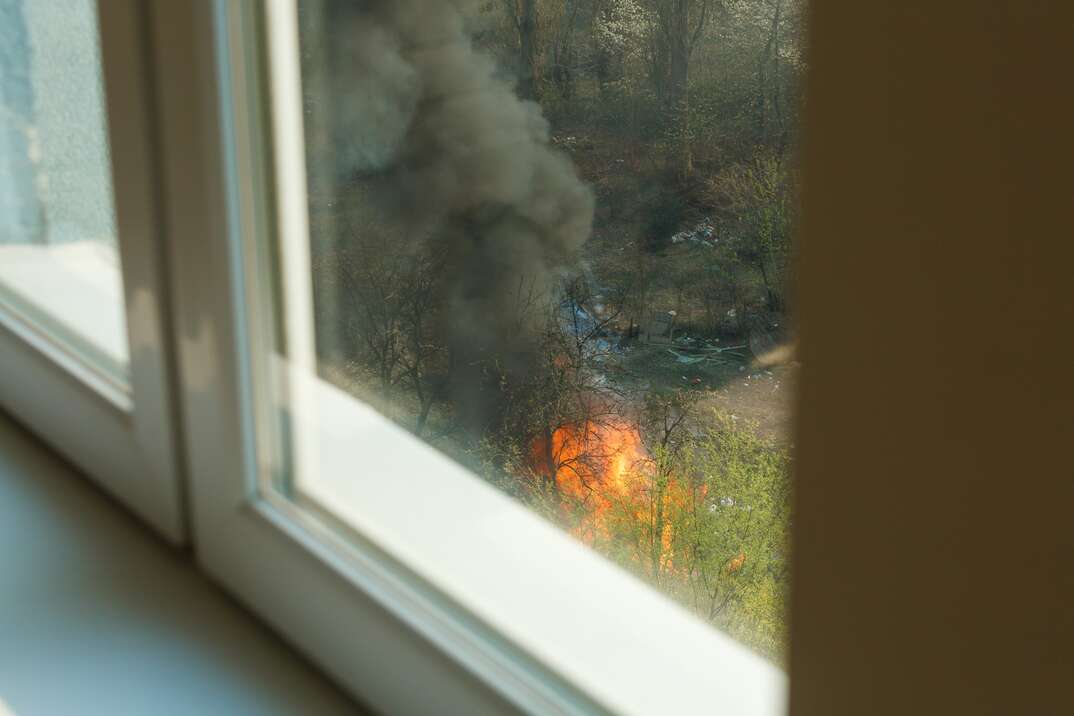Toxic Relationship: Never Mix These Household Cleaners and Chemicals Together

Bleach keeps your whites as white as possible, and ammonia tackles really tough stains — but you should never mix them together. Even so, it seems logical to combine two or more cleaners that work well to make something even more powerful. Or, you may need to use one chemical right after another to achieve the desired cleaning effect.
This May Also Interest You: Is Oven Cleaner Toxic? Here’s What You Need to Know
However, many chemicals and cleaners can become highly toxic and dangerous when mixed together. Learn what not to mix with bleach and other common cleaning products to keep your family safe.
Which Cleaning Products Should Never Be Mixed?
Many cleaning products are fine on their own but become toxic and potentially dangerous when combined. The ingredients can have chemical reactions that create new, potentially toxic gases that can cause irritation, breathing difficulties and burns. The safest option is to use individual cleaning products without mixing anything together. Some combinations are more dangerous than others, like:
- Bleach and vinegar (or any other acidic cleaners): Forms chlorine gas
- Bleach and ammonia: Produces toxic chloramine
- Bleach and rubbing alcohol: Creates chloroform
- Bleach and acetone: Creates chloroform
- Bleach and oven cleaner: Can create chlorine gas, depending on oven cleaner ingredients
- Two different drain cleaners: Different ingredients used by different brands can create toxic reactions and create heat and pressure, which can damage plumbing
- Vinegar and hydrogen peroxide: Creates peracetic acid, which can irritate the eyes, skin and respiratory system
What Happens If You Mix Bleach and Vinegar?
Add vinegar to your list of what not to mix with bleach. Both are effective cleaners individually, but if you mix them together, the reaction creates chlorine gas, which is highly toxic or even fatal. In small amounts, chlorine gas is invisible, but it gives off a strong odor. Potential side effects if you're exposed include:
- Burns or blisters on your skin
- Burning in your eyes, throat and nose
- Difficulty breathing or chest tightness
- Vomiting
- Pulmonary edema with prolonged exposure, which is sometimes fatal
Mixing bleach with any type of acid — not just vinegar — can create chlorine gas. This can include toilet cleaners, drain cleaners, window cleaners, rust removal products and many other cleaning products that are acidic. The safest option is to use bleach on its own without mixing it with other cleaners.
Can You Mix Hydrogen Peroxide and Bleach?
Like any other household cleaner or chemical, hydrogen peroxide is another thing you shouldn't mix with bleach. It can create toxic gases that are dangerous to anyone in the area.
More Related Articles
- Effort Down the Drain: How to Sanitize Your Sink Hole
- How to Clean and Maintain Laminate Floors
- Ever Cleaned Your Refrigerator Coils? Sure, We Believe You (But Here’s How, Just in Case)
- 4 Surefire Methods For Cleaning the Crud Out of Your Microwave
- How to Clean Tile Floors and Grout
What Happens If You Mix Bleach and Rubbing Alcohol?
Bleach and rubbing alcohol don’t play nice, either. When combined, they create chloroform, a dangerous gas that can cause breathing difficulties and make you pass out. Other potential byproducts of combining bleach and alcohol include chloroacetone, dichloroacetate and hydrochloric acid, which can cause burns and organ damage.
Is Mixing Bleach and Dish Soap Dangerous?
Adding bleach and dish soap to the same cleaning mixture is potentially dangerous. Dish soap can contain chemicals that cause a reaction with bleach. Combining bleach and dish soap can cause chemical reactions and toxic gases.
What Should Ammonia Not Be Mixed With?
Ammonia is a very strong chemical that should always be used with caution, even on its own. Combining it with any other cleaners can make it even more hazardous, so it's best to use ammonia or ammonia-based cleaners on their own.
Never mix bleach and ammonia as the chemical reaction can create chloramine. This toxic gas can cause breathing difficulties and chest pain. Ammonia is often found in glass cleaner, so never mix glass cleaning products and bleach.
Avoid Accidental Mixing
By these examples, it’s pretty clear that you shouldn’t mix household cleaners. It might seem like you're creating a more powerful cleaner, but the combinations can cause serious injuries. The best option is to use each product individually and as directed on the packaging.
Sometimes, mixing household chemicals isn’t purposeful — such as adding more than one cleaner to the toilet bowl while you're cleaning the bathroom, or mixing a new cleaning solution in a container that once held something different. Many cleaning products also contain a slew of ingredients, so you may want to be extra cautious; you could cause toxic reactions by combining cleaners, even if you're not using straight bleach or ammonia.


